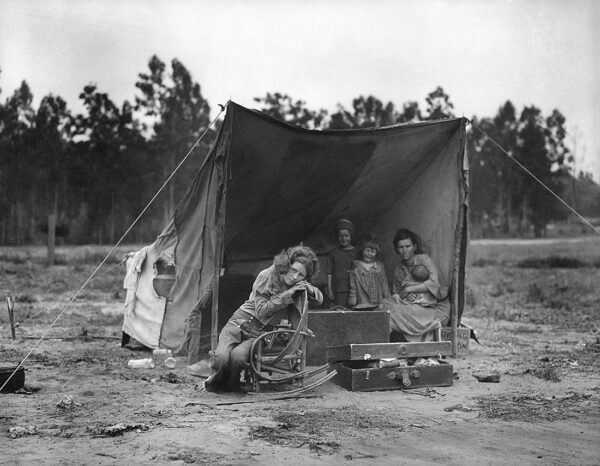In December, I taught my students about the Great Depression. Factories and stores couldn’t sell their goods, so they paid their workers less. The workers then bought fewer things, so the factories and stores sold less, leading them to pay their workers even less.
Banks failed. People lost their savings.
Clothes wore out and were patched. There was no money to buy new. People moved to cheaper houses and then to cheaper dwellings that didn’t qualify as houses. They bought cheaper food and then less food. Finally, they weren’t able to buy enough food to keep up their strength.

At that point in the lesson, one of my students Aleesha raised her hand. She said, “Mrs. Kragen, I would rather live through five years of a pandemic than live through the Great Depression.”
Teaching history provides perspective.
The lesson after WW2 was on Blacks who served in the war returning to Jim Crow laws. My students keep being shocked and dismayed at how racist people were, heartened by how far we have come, and yet mindful that we have not yet arrived. Personally, I think that seeing the depths of the evils of the past (well, softened slightly since they are still children) helps make them more alert to the dangers of racism still in the world today.
I love your student, Aleesha’s reflection and response to the Great Depression and the pandemic. That perspective is so powerful. Additionally, I wonder how she might respond if you drew comparisons between Hitler’s Nazi regime and the eugenics “science” and Jim Crow laws in the United States. https://www.history.com/news/how-the-nazis-were-inspired-by-jim-crow
So often, when we learn of the Holocaust, we see it as an isolated frame of mind, but we have seeds of similar ideas here too. Great job helping them make sense of the world in social studies!